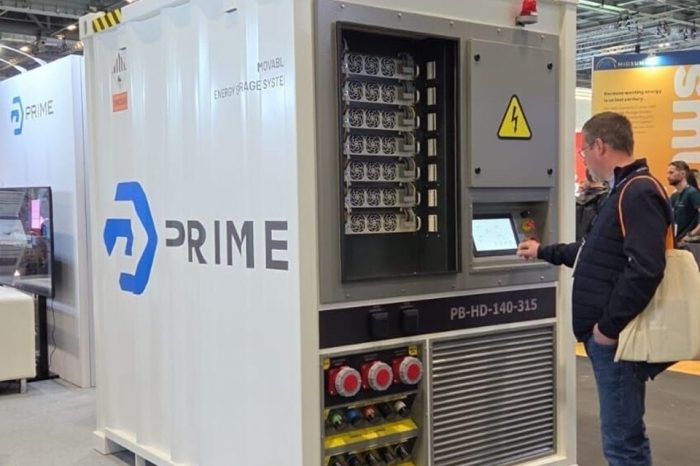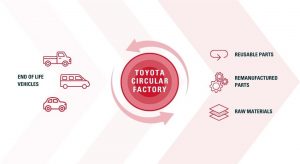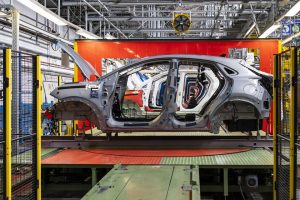Deloitte: Internal combustion engines are gaining ground again in consumer preferences

Price is the main criterion for choosing the brand of the next car to be purchased by consumers in developed markets, including Germany (55 percent), Japan (58 percent) and the United States (59 percent), while product quality comes first for those in India (65 percent) and Southeast Asia (62 percent), and vehicle performance tops the list of criteria for buyers in China (53 percent) and South Korea (55 percent), according to the Deloitte 2024 Global Automotive Consumer Study.
At the same time, cars with internal combustion engines are regaining popularity among consumers in certain markets, such as the USA (67 percent, up from 58 percent in 2023), Southeast Asia (52 percent, up from 50 percent) and Germany (49 percent, up from 45 percent in 2023).
Consumers who opt for an electric car are convinced by the lower cost of charging, in countries such as the USA (66 percent), Japan (62 percent) or Germany (50 percent), as well as by environmental concerns and lower maintenance costs, in India (68 percent and 56 percent, respectively).
“The slowdown in the development of electric vehicles is not very visible yet in Europe, where sales have recorded significant annual growth rates, at least for battery-powered and hybrid models (37 percent and 30 percent in 2023 compared to 2022), according to the European Automobile Manufacturers’ Association. However, in the last month of the past year, we witnessed a pace reduction, possibly influenced by the German market, where a trend reversal towards internal combustion engine cars is noticeable. In Romania, electric cars sales increased by over 50 percent in the first 11 months of 2023, and reached over 10 percent market share, but the evolution is uncertain, considering the halving of the state subsidy for these vehicles,” said Ciprian Gavriliu, Tax Partner, Deloitte Romania.
As far as battery electric vehicles are concerned, participants in the study are generally concerned about charging time, range, price and potential battery replacement costs. Additionally, for these cars, most surveyed consumers are concerned about the environmental impact of batteries – in India (89 percent), Southeast Asia (77 percent), Korea (69 percent), China (66 percent), Germany (64 percent), USA (62 percent), Japan (57 percent) – which indicates to industry players that they need to implement sustainable practices for using and recycling these components.
The study also shows that a brand’s commitment to sustainable practices is important and very important for consumers in India (56 percent), China (50 percent) and Southeast Asia (39 percent), and somewhat important for those in Japan (54 percent), Korea (41 percent), Germany (40 percent) or the USA (36 percent).
The willingness to pay for technology features that enable vehicle connectivity to certain information sources remains high among consumers in India (71 percent), China (60 percent) or Southeast Asia (55 percent) and low for those in Germany (20 percent), Japan (23 percent) or the USA (25 percent).
The Deloitte 2024 Global Automotive Consumer study was conducted among approximately 27,000 consumers from 26 countries, including nine European states – Austria, Belgium, France, Germany, Italy, Poland, Spain, Turkey and UK.



















